Find Help
More Items From Ergsy search
-

MRI Scanner walkthrough - what to expect at your appointment
Relevance: 100%
-
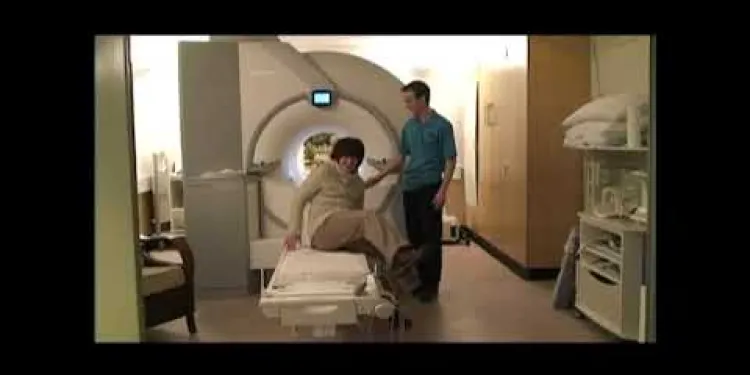
Going for an MRI Scan
Relevance: 64%
-
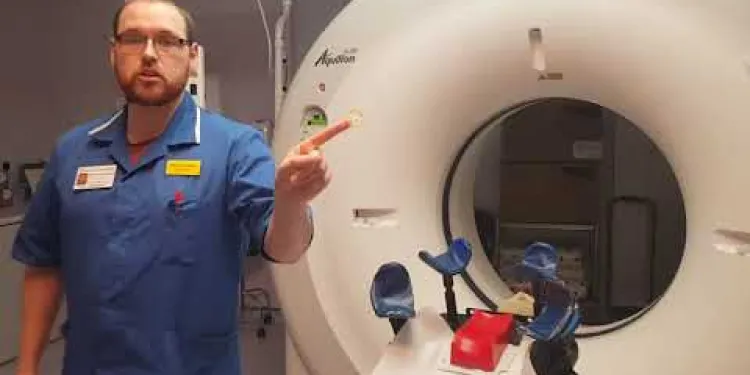
Radiotherapy CT scanner
Relevance: 57%
-

How Does an MRI Scan Work?
Relevance: 52%
-

I'm having an MRI scan
Relevance: 48%
-

Who appoints the Attorney General in the UK?
Relevance: 31%
-

How do I book an appointment for the flu vaccine?
Relevance: 29%
-

How should I prepare for a Botox appointment?
Relevance: 29%
-

Can I get a dentist appointment on the NHS?
Relevance: 28%
-

What happens if I miss my NHS dental appointment?
Relevance: 28%
-
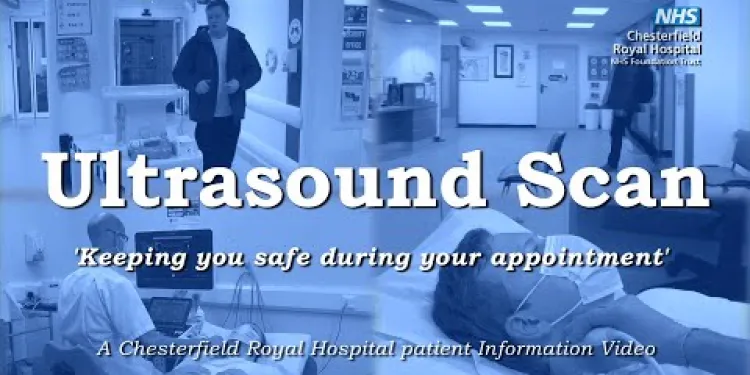
Your Ultrasound Appointment
Relevance: 28%
-

How can I get a COVID jab appointment?
Relevance: 28%
-
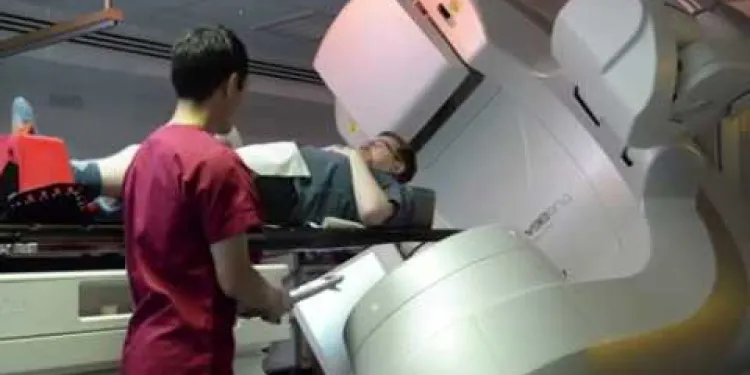
A Radiotherapy appointment in east and North Hertfordshire
Relevance: 28%
-

What should I bring to my NHS dental appointment?
Relevance: 27%
-

Can children get NHS dentist appointments?
Relevance: 27%
-

How long will I have to wait for an NHS dental appointment?
Relevance: 27%
-
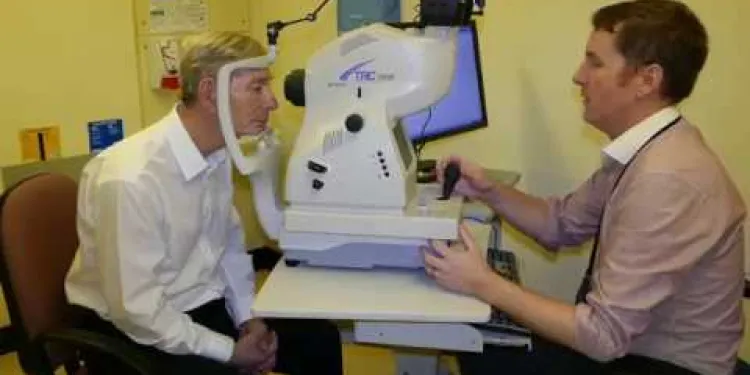
Derbyshire Diabetic Eye Screening - Your Screening Appointment
Relevance: 26%
-

What should I do if I miss my second COVID jab appointment?
Relevance: 26%
-

Derbyshire Diabetic Eye Screening - Assessment Clinic Appointment
Relevance: 26%
-

Are all dental appointments free on the NHS?
Relevance: 26%
-

Autism Assessment - What Happens in Your Appointment
Relevance: 25%
-

Can I get an emergency NHS dental appointment?
Relevance: 25%
-
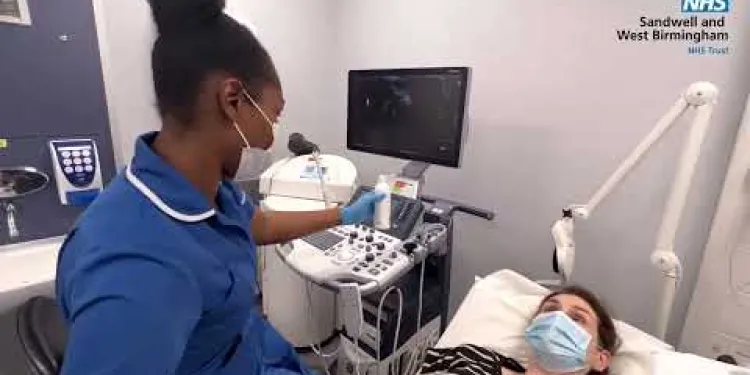
Post Menopausal Bleeding Clinic | A Guide to What Happens at An Appointment
Relevance: 25%
-

Your abdominal aortic aneurysm (AAA) screening appointment
Relevance: 24%
-

NHS to Expand Digital Health Services to Reduce Appointment Backlogs
Relevance: 23%
-

What to expect from your Colposcopy appointment
Relevance: 23%
-

How can I find an NHS dentist for an appointment?
Relevance: 22%
-

Do I need to make an appointment to visit a food bank?
Relevance: 21%
-

Eczema - Your child's appointment | Dermatology | Paediatrics
Relevance: 21%
-

What should I do if I can't get an NHS dentist appointment?
Relevance: 20%
-

Judicial Appointments Under Scrutiny as Diversity Reports Spark Debate
Relevance: 19%
-

Having a CT Angiogram
Relevance: 19%
-

Does the NHS offer online appointment booking for prostate cancer screenings?
Relevance: 19%
-
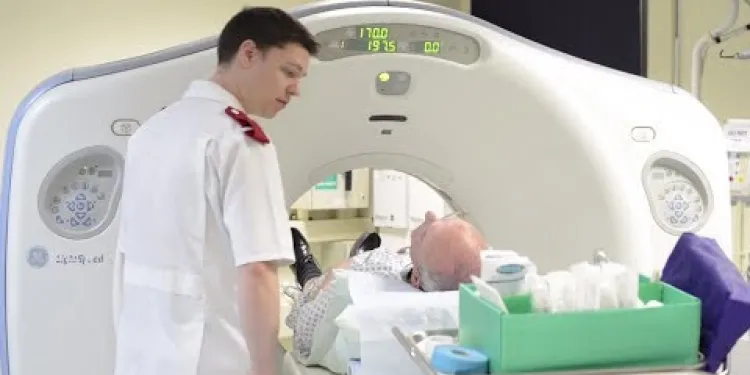
Having a CT scan in Hospital - What's it like having a CT scan at Bedford Hospital?
Relevance: 16%
-
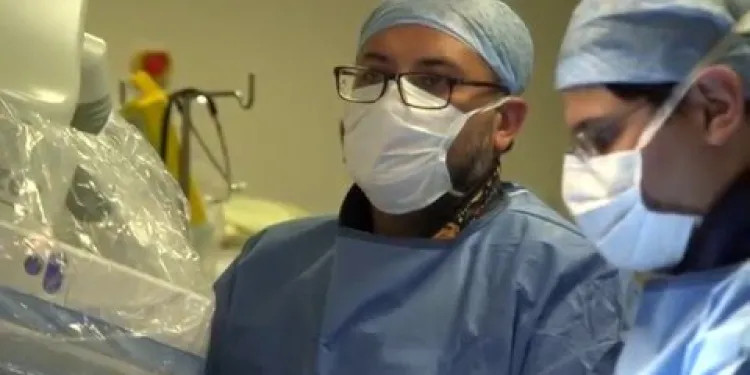
Having a pacemaker
Relevance: 15%
-

Prostate cancer diagnosis and tests
Relevance: 14%
-

How is motor neurone disease diagnosed?
Relevance: 14%
-
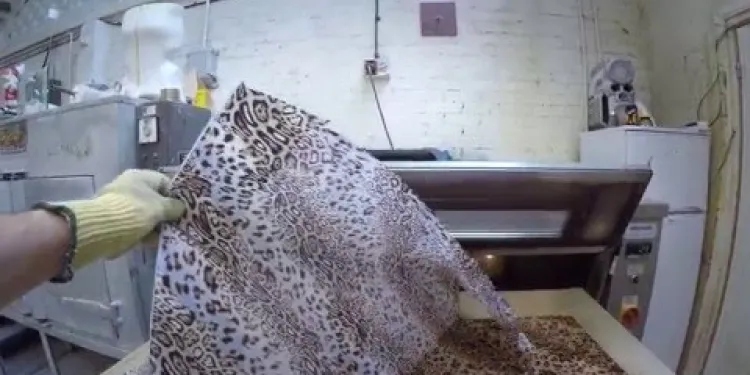
Making a spinal brace for a scoliotic patient at the RNOH
Relevance: 13%
-

What medical tests are used to diagnose whiplash?
Relevance: 13%
-

How is Carpal Tunnel Syndrome diagnosed?
Relevance: 13%
What to Expect at Your MRI Scanner Appointment
Introduction
An MRI (Magnetic Resonance Imaging) scan is a non-invasive medical test that helps doctors diagnose and treat medical conditions. It uses strong magnetic fields and radio waves to produce detailed images of the inside of your body. Understanding what to expect during your MRI scanner appointment can help alleviate any anxiety or concerns you may have. This guide provides a walkthrough of the procedure, specifically for patients in the United Kingdom.Before the Scan
Before undergoing an MRI scan, you will likely be asked to complete a questionnaire about your medical history and any metal implants in your body, such as pacemakers or joint replacements. It is important to mention any metal items since the strong magnetic fields used in the scan can interfere with them. You may also be advised to remove all metal objects, including jewelry, glasses, and hearing aids, before the scan.Arrival and Preparation
When you arrive at the MRI facility, you will be greeted by the radiography team. You'll be directed to a waiting area and, when it's time for your scan, taken to a changing room. Here, you may be asked to change into a hospital gown to ensure no metal objects interfere with the imaging process.During the Scan
Once you are prepared, you will be taken to the MRI scanner room, which contains a large, cylindrical machine. You will be asked to lie down on a movable table that slides into the scanner. It's crucial to remain very still during the scan to ensure the images are as clear as possible. You will be provided with ear protection or headphones, as the MRI machine makes loud tapping and banging noises during operation.Communication and Comfort
The radiographer will be able to communicate with you throughout the scan via an intercom system. You can signal if you feel uncomfortable or need assistance at any point. Though the scanner can feel a little confined, there is adequate ventilation, and some newer machines even offer more space inside the bore.After the Scan
The MRI scan typically takes 15 to 90 minutes, depending on the type of imaging required. Once the scan is completed, you can change back into your clothes. There are no known side effects from an MRI scan, and you can generally resume normal activities immediately afterwards. Your results will be analyzed by a radiologist and sent to your referring doctor, who will discuss them with you during a follow-up appointment.Conclusion
An MRI scan is a safe and important diagnostic tool. Knowing what to expect can make the process smoother and more comfortable. Always follow any specific instructions provided by your healthcare provider, and don't hesitate to ask questions. Your comfort and understanding are crucial for obtaining the best possible imaging results.What to Expect at Your MRI Scanner Appointment
Introduction
An MRI scan is a special medical test. It helps doctors look inside your body. The test does not hurt and helps find out if something is wrong. Knowing what will happen during your MRI can help you feel less worried. This guide explains the steps, especially for people in the UK.Before the Scan
Before your MRI, you will fill out a form. The form asks about your health and any metal in your body, like pacemakers or metal joints. It's important to tell them about any metal, because the MRI has strong magnets. You need to take off metal objects, like jewelry, glasses, and hearing aids before the scan.Arrival and Preparation
When you get to the MRI place, the staff will meet you. They will show you where to wait. When it's your turn, you will go to a changing room. You might need to put on a hospital gown. This is to make sure no metal is on you during the scan.During the Scan
You will go to a room with a big, round machine. You will lie on a table that moves into the machine. It's very important to stay still so the pictures are clear. The MRI machine makes loud noises, but you will get ear protection or headphones.Communication and Comfort
The staff can talk to you during the scan using a speaker. You can let them know if you feel uncomfortable. The machine can feel small, but there is air to breathe. Some machines even have more space now.After the Scan
The scan can take from 15 to 90 minutes. When it’s over, you can change back into your clothes. MRI scans do not have side effects, so you can go back to your normal activities right away. A special doctor looks at the scan pictures. They will send the results to your regular doctor, who will talk to you about them later.Conclusion
An MRI scan is safe and helps doctors see what's happening in your body. Knowing what will happen can make you feel better about the test. Always follow your doctor’s instructions and ask questions if you have any. Feeling comfortable helps get the best results.Frequently Asked Questions
What is an MRI scan?
An MRI (Magnetic Resonance Imaging) scan uses strong magnetic fields and radio waves to produce detailed images of the inside of your body.
How should I prepare for my MRI scan?
You may be asked to fast (not eat or drink) for a few hours before the scan. Wear loose, comfortable clothing without metal parts, or you may be asked to change into a hospital gown.
What should I bring to my MRI appointment?
Bring your appointment letter, ID, any relevant medical documentation, and any medication you're currently taking.
Can I bring someone with me to the MRI scan?
Yes, you can bring a relative or friend with you; however, due to the powerful magnetic field, they may need to wait outside the scanner room.
How long does the MRI scan take?
The MRI scan usually takes between 15 to 90 minutes, depending on the size of the area being scanned and the number of images taken.
Is the MRI scan painful?
No, the MRI scan is not painful. You might feel a bit uncomfortable lying still, but it shouldn't cause any pain.
Is it safe to have an MRI scan?
Yes, MRI scans are generally very safe. However, they are not suitable for everyone, particularly those with pacemakers or certain metal implants.
What if I am claustrophobic?
If you are claustrophobic, inform the radiographer ahead of time. They can offer support, and sometimes a mild sedative can be provided.
Will I need contrast dye?
In some cases, a contrast dye may be injected to enhance the visibility of certain tissues or blood vessels. The need for this will be explained to you before the scan.
Can I eat and drink before my MRI scan?
This depends on the type of MRI scan. Some require fasting, while others do not. Follow the instructions provided in your appointment letter.
Do I have to remove all my jewellery?
Yes, you should remove all jewellery, watches, and any metal objects before the scan as they can interfere with the magnetic field.
What happens during the MRI scan?
You'll lie on a movable table that slides into the MRI scanner. The radiographer will operate the scanner from an adjacent room and communicate with you throughout the procedure via an intercom.
How do I stay still during the scan?
You'll be made as comfortable as possible with pillows and straps to help you stay still. It's important to remain as still as possible to produce clear images.
What should I do if I feel uncomfortable during the scan?
You can alert the radiographer at any time through the intercom if you feel uncomfortable or need assistance during the scan.
When and how will I get the results of my MRI scan?
The results are usually sent to the doctor who requested the scan. They will review the images and discuss the findings with you, typically within a few days to a couple of weeks.
What is an MRI scan?
An MRI scan is a special picture of the inside of your body. It helps doctors see your organs, bones, and tissues. MRI stands for Magnetic Resonance Imaging.
During an MRI, you lie down and stay very still. The machine makes loud noises, but it won't hurt you.
If you find it hard to stay calm, ask for headphones to listen to music.
You can also close your eyes and imagine a nice place. This might help you feel better.
An MRI scan is a special kind of picture that doctors use to see inside your body. It uses strong magnets and radio waves to take these pictures.
Getting Ready for My MRI Scan
Here are some steps to help you get ready for your MRI. This is a special picture of the inside of your body.
- Wear comfy clothes with no metal, like zippers or buttons.
- Tell the nurse if you feel worried.
- Ask an adult to come with you if you want.
- Take off any jewelry or glasses.
- You can bring your favorite toy or book to help you relax.
If you feel scared, try taking deep breaths or imagining a happy place.
You might need to stop eating and drinking for a few hours before the scan. Wear loose and comfy clothes without any metal bits. You might need to put on a hospital gown instead.
What to Bring to My MRI Appointment?
Here is a list of what you should bring:
- Your ID card or driver's license
- Your health insurance card
- Any special papers from your doctor
- Leave jewelry and metal stuff at home
If you want support, you can bring a friend. You can also listen to music during the MRI to feel relaxed. Ask if you have any questions!
Bring your appointment letter, your ID, any medical papers you have, and any medicine you take now.
Can I bring someone with me to the MRI scan?
Yes, you can bring a friend or family member with you to the MRI scan. They can wait with you before and after the scan.
Your friend or family member might not be able to go inside the MRI room with you because of safety rules. You can ask the staff if they are allowed.
If you feel worried, tell the staff. They can help you feel better.
You can bring a family member or friend with you. But, because the machine uses strong magnets, they might have to wait outside the room.
How long does the MRI scan take?
An MRI scan is a picture of the inside of your body.
The scan takes about 15 to 90 minutes. It depends on what part of the body is being looked at.
It's like taking lots of photos.
A good way to relax is listening to music or imagining a calm place.
Sometimes, you can even listen to music during the scan.
An MRI scan can take 15 to 90 minutes. It depends on how big the area is that doctors are looking at and how many pictures they need to take.
Does an MRI scan hurt?
No, the MRI scan does not hurt. You might feel a little bit uncomfortable because you have to lie still, but it shouldn't hurt.
Is an MRI Scan Safe?
Yes, an MRI scan is safe for most people. It uses big magnets and a computer to take pictures inside your body. It does not use X-rays.
Sometimes, you might need to lie still in a long tube. This can be noisy, but it does not hurt.
If you have questions, ask your doctor. You can also use headphones or listen to music during the scan to feel more comfortable.
Yes, MRI scans are usually safe. But, they are not safe for everyone. They are not good for people with pacemakers or some metal pieces in their body.
What if I am scared of small spaces?
If you are scared of small spaces, tell the person doing the scan before it starts. They can help you feel better, and sometimes give you something to help you relax.
Will I need a special dye?
Some tests or scans use a special dye to help doctors see inside your body better. This dye is called "contrast." A nurse or doctor will tell you if you need this dye and give it to you if you do.
If you have questions, you can ask your nurse or doctor. They can explain why the dye is needed and what will happen. Remember, it's okay to ask for help!
Sometimes, doctors use a special liquid to make important parts of your body easier to see during a scan. They will tell you if you need this liquid before the scan.
Can I eat and drink before my MRI scan?
It depends. Some MRI scans need you to stop eating and drinking. Ask your doctor or nurse.
If you forget, call the hospital. They can tell you what to do.
Using pictures or getting help from a friend can make this easier to understand.
This depends on the type of MRI scan. Some scans need you to stop eating and drinking before. Some do not. Check your appointment letter to know what to do.
Do I need to take off all my jewelry?
It’s okay if you have trouble reading. Here is a simpler way to ask the question:
Do I need to take off all my jewelry?
Jewelry means things like rings, necklaces, and bracelets.
If you need help to remember, you can use:
- A friend or family member to read with you.
- Pictures to show what jewelry looks like.
- A timer to remind you when to take off your jewelry.
Yes, you should take off all jewellery, watches, and anything made of metal before the scan. These things can mess up the machine.
If you find reading hard, you can:
- Use audiobooks to listen to the text.
- Highlight important words with a color.
- Ask someone to read with you.
What happens during the MRI scan?
During an MRI scan, you lie down very still on a table. The table moves into a big, round machine. The machine makes loud noises, but it won't hurt you. You can bring headphones to listen to music if you want.
The MRI machine takes pictures of the inside of your body. It uses magnets to do this. These pictures help doctors see what is happening inside you.
The scan usually takes 15 to 60 minutes. Just remember to stay still like a statue, and the scan will be over soon.
If you feel worried, tell the nurse or doctor. They are there to help you feel safe.
You will lie down on a special table that moves into the MRI machine. A person called a radiographer will be in another room. They will control the machine and talk to you through a speaker.
If you find reading hard, you can try using tools that read text out loud. You can also ask someone to read the text with you and explain any parts you don't understand.
How can I stay still during the scan?
Here is how to stay still during a scan:
- Take deep breaths. Breathe slowly and calmly.
- Think about something nice, like your favorite place or a happy moment.
- Try relaxing your muscles, one by one.
- Close your eyes if it helps to focus.
Ask someone to talk to you during the scan. You can also listen to music or use headphones if allowed.
You will be made comfy with pillows and straps to help you stay still. It's important to not move so the pictures come out clear.
What can I do if I feel scared or uncomfy during the scan?
If you are scared or not comfy during the scan, you can:
- Tell the person doing the scan. They can help.
- Take deep breaths to feel calm.
- Close your eyes and think of a happy place.
- Use headphones to listen to nice music.
You can talk to the person running the scan (called a radiographer) if you feel scared or need help. Use the microphone to talk to them during the scan.
When will I know my MRI scan results?
You will get your MRI scan results after the doctors look at them carefully. This can take a few days or more.
Your doctor will talk to you about the results. They might call you or ask you to come to the clinic.
If you have questions, you can ask your doctor or nurse. They are there to help you understand your results.
It can help to write down your questions before you talk to the doctor, so you remember everything you want to know.
The scan results go to the doctor who asked for them. The doctor looks at the pictures. They will talk to you about what they find. This usually happens in a few days or up to two weeks.
Useful Links
This website offers general information and is not a substitute for professional advice.
Always seek guidance from qualified professionals.
If you have any medical concerns or need urgent help, contact a healthcare professional or emergency services immediately.
Some of this content was generated with AI assistance. We’ve done our best to keep it accurate, helpful, and human-friendly.
- Ergsy carfully checks the information in the videos we provide here.
- Videos shown by Youtube after a video has completed, have NOT been reviewed by ERGSY.
- To view, click the arrow in centre of video.
- Most of the videos you find here will have subtitles and/or closed captions available.
- You may need to turn these on, and choose your preferred language.
- Go to the video you'd like to watch.
- If closed captions (CC) are available, settings will be visible on the bottom right of the video player.
- To turn on Captions, click settings .
- To turn off Captions, click settings again.
More Items From Ergsy search
-

MRI Scanner walkthrough - what to expect at your appointment
Relevance: 100%
-

Going for an MRI Scan
Relevance: 64%
-

Radiotherapy CT scanner
Relevance: 57%
-

How Does an MRI Scan Work?
Relevance: 52%
-

I'm having an MRI scan
Relevance: 48%
-

Who appoints the Attorney General in the UK?
Relevance: 31%
-

How do I book an appointment for the flu vaccine?
Relevance: 29%
-

How should I prepare for a Botox appointment?
Relevance: 29%
-

Can I get a dentist appointment on the NHS?
Relevance: 28%
-

What happens if I miss my NHS dental appointment?
Relevance: 28%
-

Your Ultrasound Appointment
Relevance: 28%
-

How can I get a COVID jab appointment?
Relevance: 28%
-

A Radiotherapy appointment in east and North Hertfordshire
Relevance: 28%
-

What should I bring to my NHS dental appointment?
Relevance: 27%
-

Can children get NHS dentist appointments?
Relevance: 27%
-

How long will I have to wait for an NHS dental appointment?
Relevance: 27%
-

Derbyshire Diabetic Eye Screening - Your Screening Appointment
Relevance: 26%
-

What should I do if I miss my second COVID jab appointment?
Relevance: 26%
-

Derbyshire Diabetic Eye Screening - Assessment Clinic Appointment
Relevance: 26%
-

Are all dental appointments free on the NHS?
Relevance: 26%
-

Autism Assessment - What Happens in Your Appointment
Relevance: 25%
-

Can I get an emergency NHS dental appointment?
Relevance: 25%
-

Post Menopausal Bleeding Clinic | A Guide to What Happens at An Appointment
Relevance: 25%
-

Your abdominal aortic aneurysm (AAA) screening appointment
Relevance: 24%
-

NHS to Expand Digital Health Services to Reduce Appointment Backlogs
Relevance: 23%
-

What to expect from your Colposcopy appointment
Relevance: 23%
-

How can I find an NHS dentist for an appointment?
Relevance: 22%
-

Do I need to make an appointment to visit a food bank?
Relevance: 21%
-

Eczema - Your child's appointment | Dermatology | Paediatrics
Relevance: 21%
-

What should I do if I can't get an NHS dentist appointment?
Relevance: 20%
-

Judicial Appointments Under Scrutiny as Diversity Reports Spark Debate
Relevance: 19%
-

Having a CT Angiogram
Relevance: 19%
-

Does the NHS offer online appointment booking for prostate cancer screenings?
Relevance: 19%
-

Having a CT scan in Hospital - What's it like having a CT scan at Bedford Hospital?
Relevance: 16%
-

Having a pacemaker
Relevance: 15%
-

Prostate cancer diagnosis and tests
Relevance: 14%
-

How is motor neurone disease diagnosed?
Relevance: 14%
-

Making a spinal brace for a scoliotic patient at the RNOH
Relevance: 13%
-

What medical tests are used to diagnose whiplash?
Relevance: 13%
-

How is Carpal Tunnel Syndrome diagnosed?
Relevance: 13%


